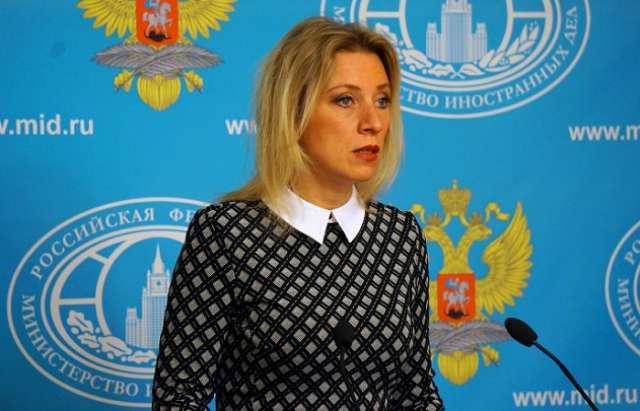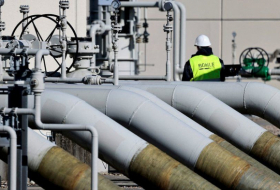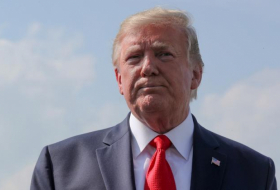Zakharova was answering a question from an Armenian journalist about the participation of Russian MPs in the nationwide march in Baku in connection with the 27th anniversary of the Khojaly genocide.
Zakharova reminded that in a democratic society, people with different political views on various issues are elected to the legislative assembly.
“We still have a division of branches of power,” she said. “We have an executive power, and I voiced the official position of the Russian Federation, and there is the point of view of individual politicians; this is normal. It is strange that you don’t understand this.”
On Feb. 26, a nationwide march took place in connection with the 27th anniversary of the Khojaly genocide, and a delegation from Russia also participated in the march.
The delegation included Deputy Chairman of the Committee for International Affairs of the State Duma (lower house of the Russian parliament), world-famous athlete Irina Rodnina, First Deputy Chairman of the Committee for Safety and Combating Corruption of the State Duma Dmitry Savelyev, Deputy Chairman of the Committee for Family, Women and Children Affairs of the Federal Assembly of the State Duma Oksana Pushkina, First Deputy Chairman of the Committee for State Building and Legislation of the State Duma Mikhail Yemelyanov.
Russian MPs Tatyana Sibizova, Denis Parfenov and Aleksey Zhuravlev, Director of the Institute for Political Studies of Russia, Coordinator of the Group of Friends of Azerbaijan, well-known political scientist Sergey Markov and head of the CIS countries department of the institute Aleksey Bychkov, military expert, editor-in-chief of “Natsionalnaya Oborona” magazine Igor Korotchenko, Russian director, writer Aleksandr Rusnak and Dean of the Faculty of Sociology and Political Science of the Financial University under the Government of Russia Aleksandr Shatilov also attended the nationwide march.
The conflict between the two South Caucasus countries began in 1988 when Armenia made territorial claims against Azerbaijan. As a result of the ensuing war, in 1992 Armenian armed forces occupied 20 percent of Azerbaijan, including the Nagorno-Karabakh region and seven surrounding districts.
During the Karabakh war, on Feb. 25-26, 1992, the Armenian armed forces, together with the 366th infantry regiment of Soviet troops, stationed in Khankendi, committed an act of genocide against the population of the Azerbaijani town of Khojaly. As many as 613 people, including 63 children, 106 women and 70 old people were killed in the massacre. Eight families were totally exterminated, 130 children lost one parent and 25 children lost both. Some 1,275 innocent residents were taken hostage, while the fate of 150 people still remains unknown.
The 1994 ceasefire agreement was followed by peace negotiations. Armenia has not yet implemented four UN Security Council resolutions on withdrawal of its armed forces from Nagorno-Karabakh and the surrounding districts.
More about: Russia Maria-Zakharova
















































